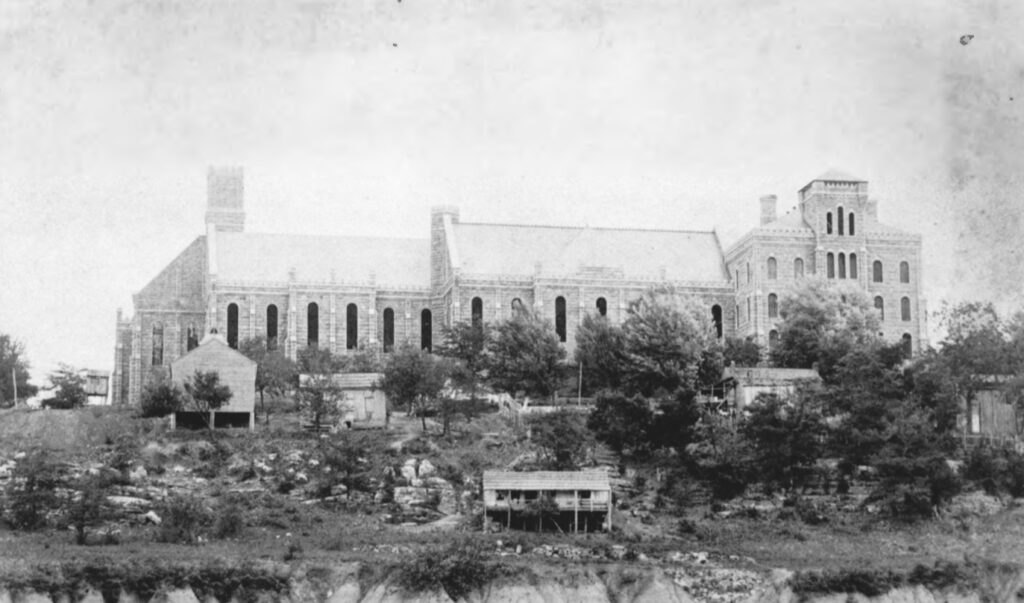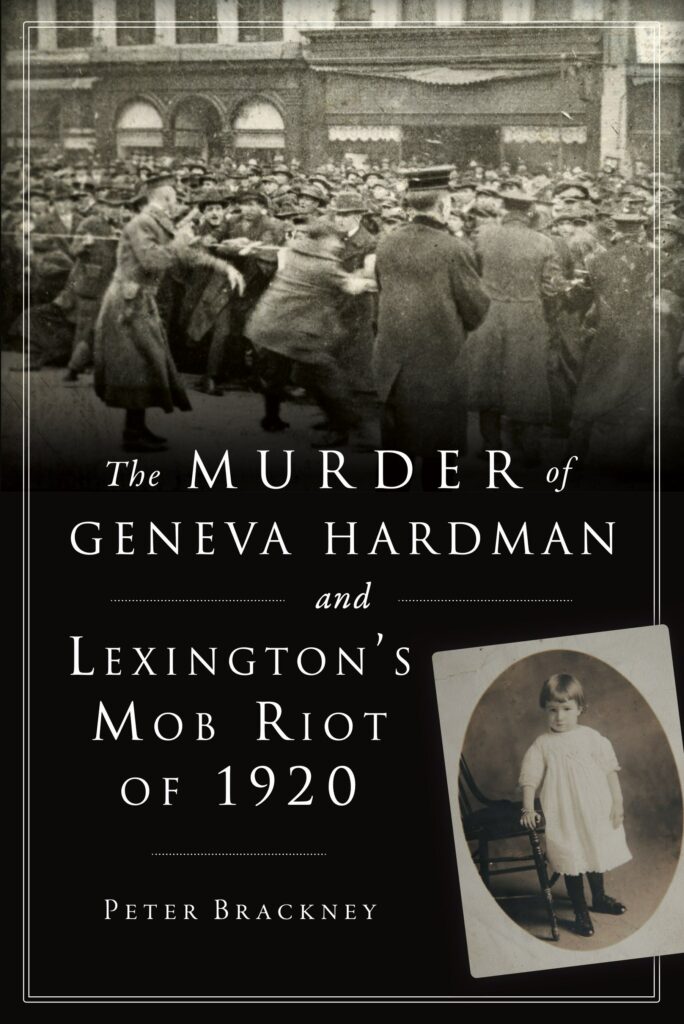One hundred years ago today, Will Lockett was executed for the murder of Geneva Hardman. The execution took place at the State Penitentiary in Eddyville, which is the same place where executions are still conducted in Kentucky.

Kentucky Heritage Council.
Electricity of Sufficient Intensity
Following the trial in the matter of Commonwealth of Kentucky vs. Will Lockett, the clerk of the Fayette Circuit Court – John H. Carter – directed that the condemned “be conveyed as expeditiously, privately, and safely by the sheriff of Fayette County, to the state Penitentiary in the town of Eddyville, Kentucky.”
The directive further required that before sunrise on March 11, 1920, Lockett would be executed in the following manner. The warden (John B. Chilton) “shall cause to pass through the body of said defendant, a current of electricity of sufficient intensity to cause the death as quickly as possible, the application of which current shall be continued until the defendant is dead.”
A serial killer?
While in Eddyville, Will Lockett’s cell on death row was under the watchful eye of three soldiers sent by Governor Morrow. A manned machine gun was also set up at the penitentiary. Inside Lockett’s cell, however, the condemned seemed “more easy” and spent most of his day praying and reading the Bible. The Danville Advocate-Messenger reported on March 9, 1920, that Lockett wanted to “get right” before his execution and was even baptized by a minister from a black church in Eddyville right there in a “bathtub in the prison annex.”
At peace with himself in those final days before his execution, Will Lockett also confessed to other crimes. Lockett gave Warden Chilton a different identity: Petrie Kimbrough.
If Kimbrough was Lockett’s true identity, it is likely that he was born in May 1888 as the son of Charles and Tina Lockett (according to the the 1900 census). Lockett was married in 1914 and the newspaper announcement identified his parents then as Charles and Lena Lockett. A 1917 draft card utilizes a birthday in January 1887. If the same individual, it would seem that Kimbrough adopted the Lockett identity after leaving his childhood home in Christian County, Kentucky.
What did Lockett do to “get right”? He apparently confessed to the warden of having committed four murders. His other victims were
- Mrs. George Rogers, 40, of Carmi, Illinois in 1912
- Eliza Moorman, 25, of Evansville, Indiana in 1917
- Sallie Anderson Kraft, 55 of Camp Taylor, Kentucky, in 1919
The precise names and facts surrounding the crimes may have been hazy to Lockett as he confessed to them at the state penitentiary. Names, dates, and other details were imprecise. There were, however, stories and deaths related to three women which strongly paralleled these additional alleged victims. Although the similarities do exist, their mere existence does not confirm Lockett’s involvement in the deaths. Nor does it acquit him.
He did confess before his trial for the murder of Geneva Hardman and was sentenced to death. On March 11, 1920, Will Lockett became the thirty-second person to receive the death penalty in the electric chair at Eddyville (previously, executions were generally hangings in the county of the trial).

This post contains excerpts from Peter Brackney’s The Murder of Geneva Hardman and Lexington’s Mob Riot of 1920 (The History Press, Charleston, SC: 2020).
For more information about the book or to schedule an event with the author, click here.

